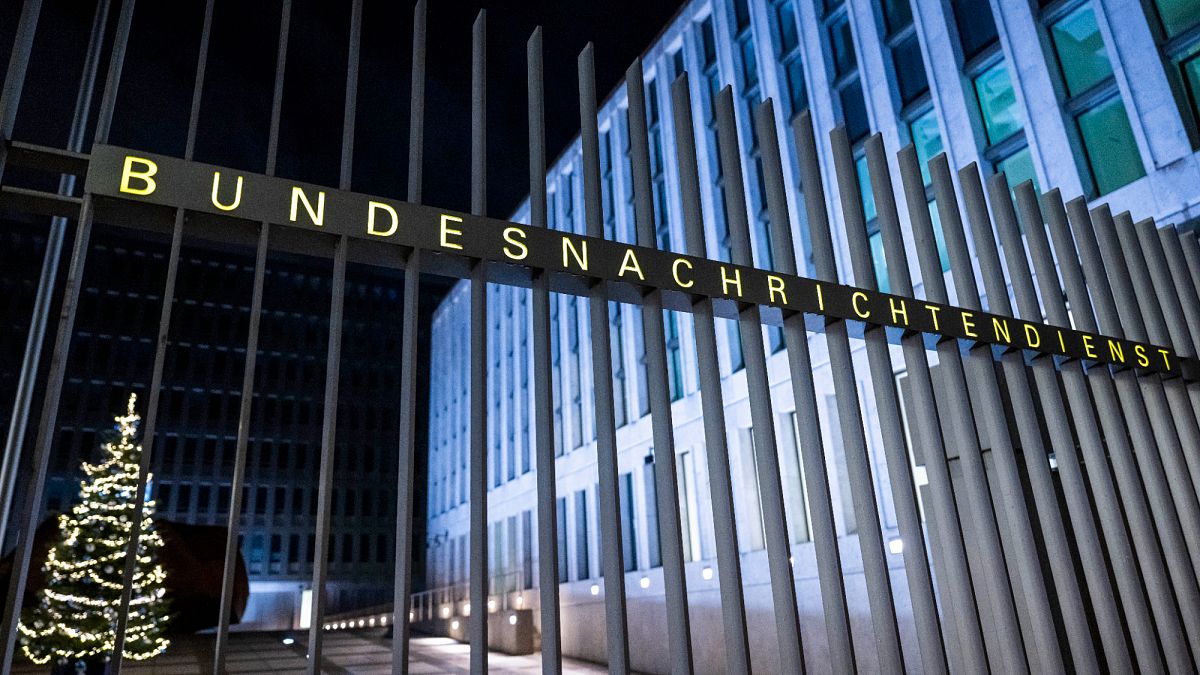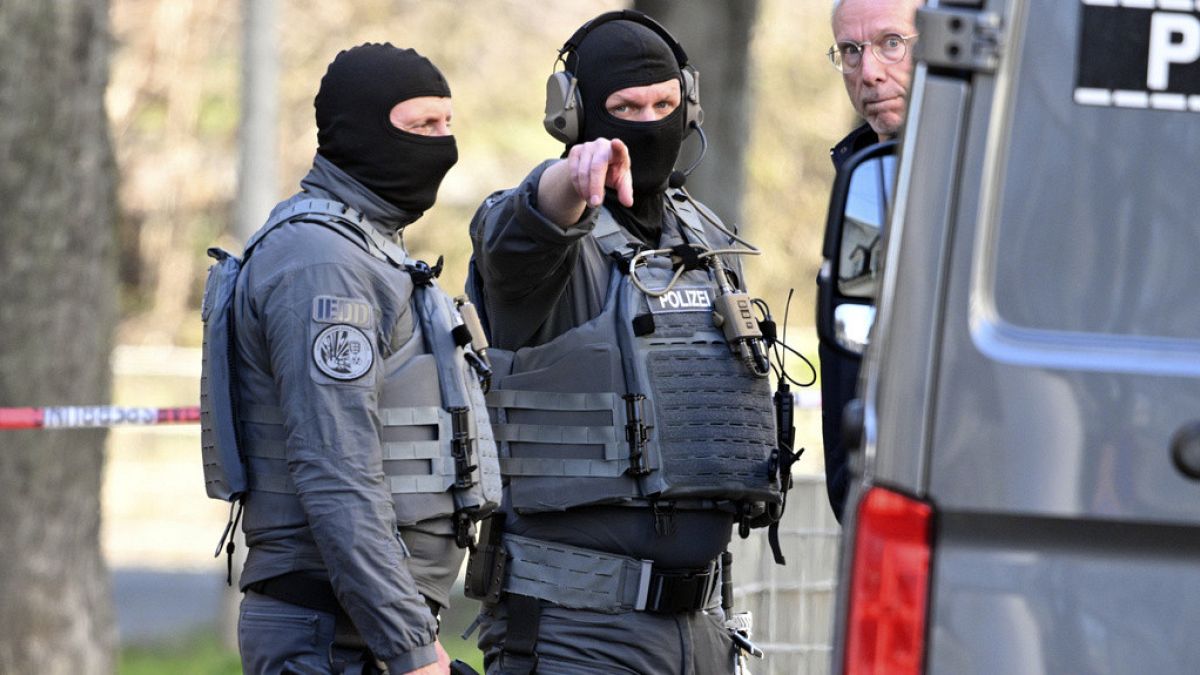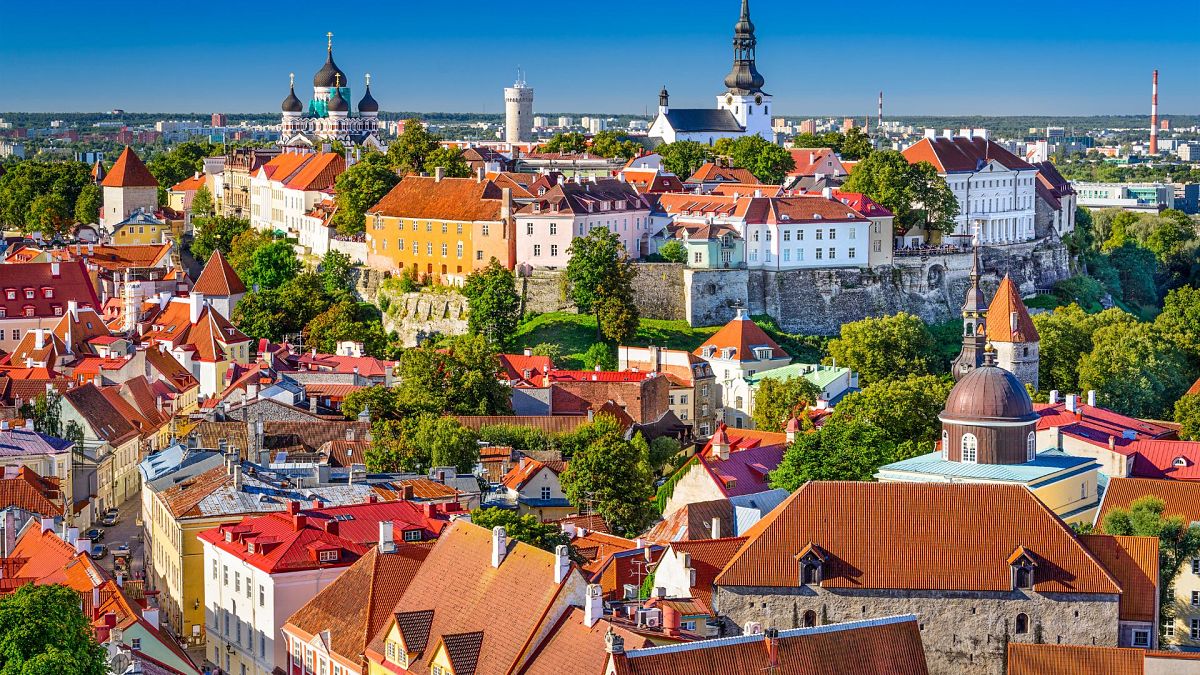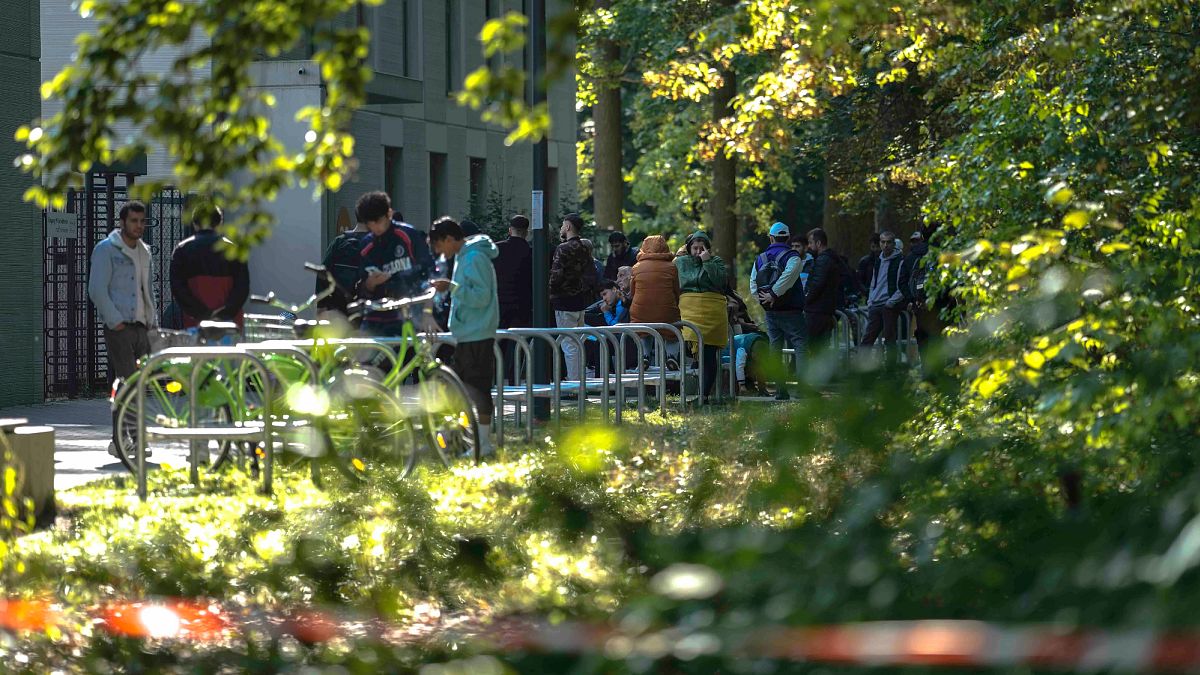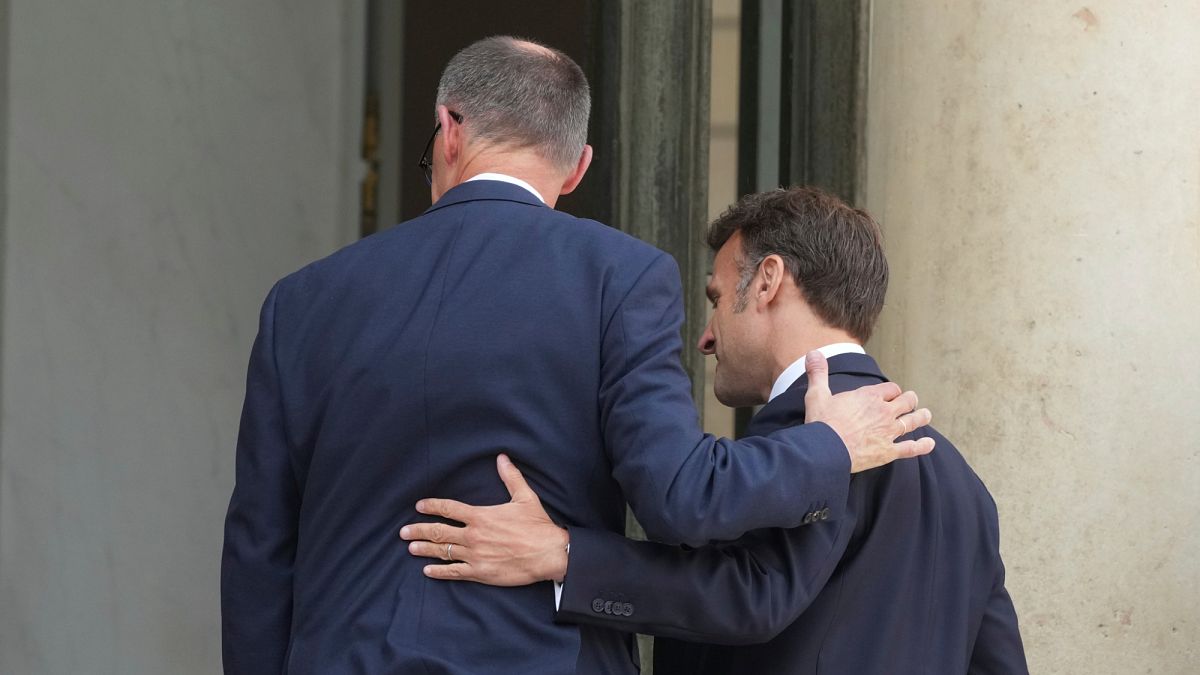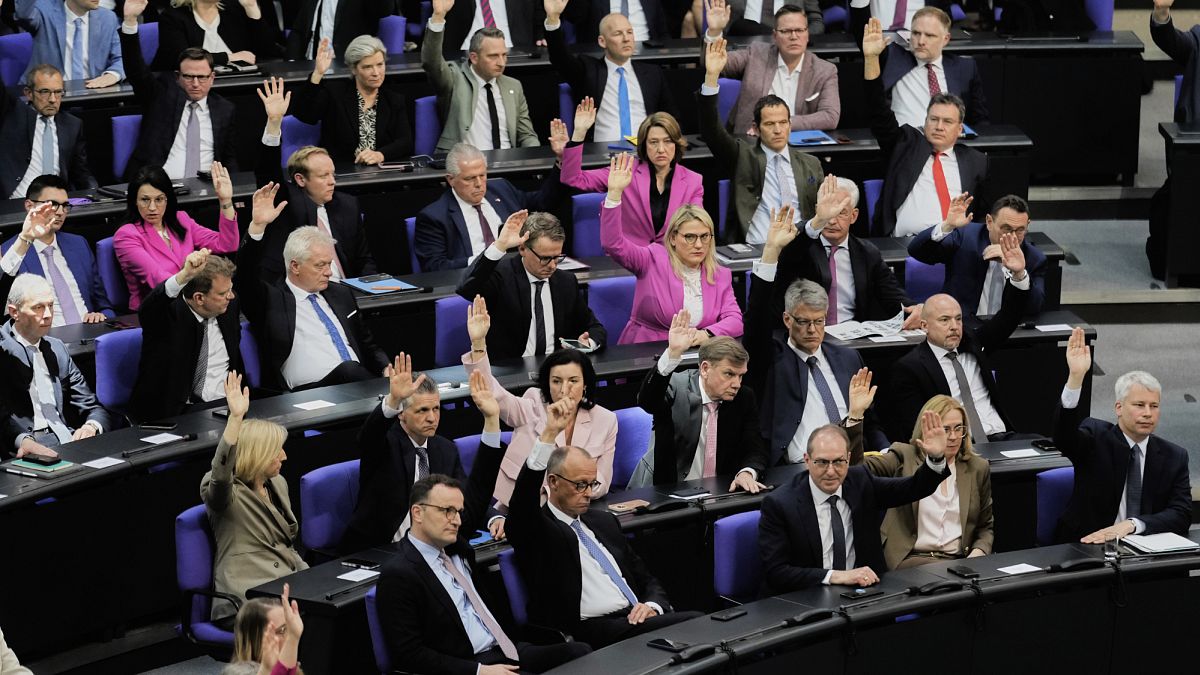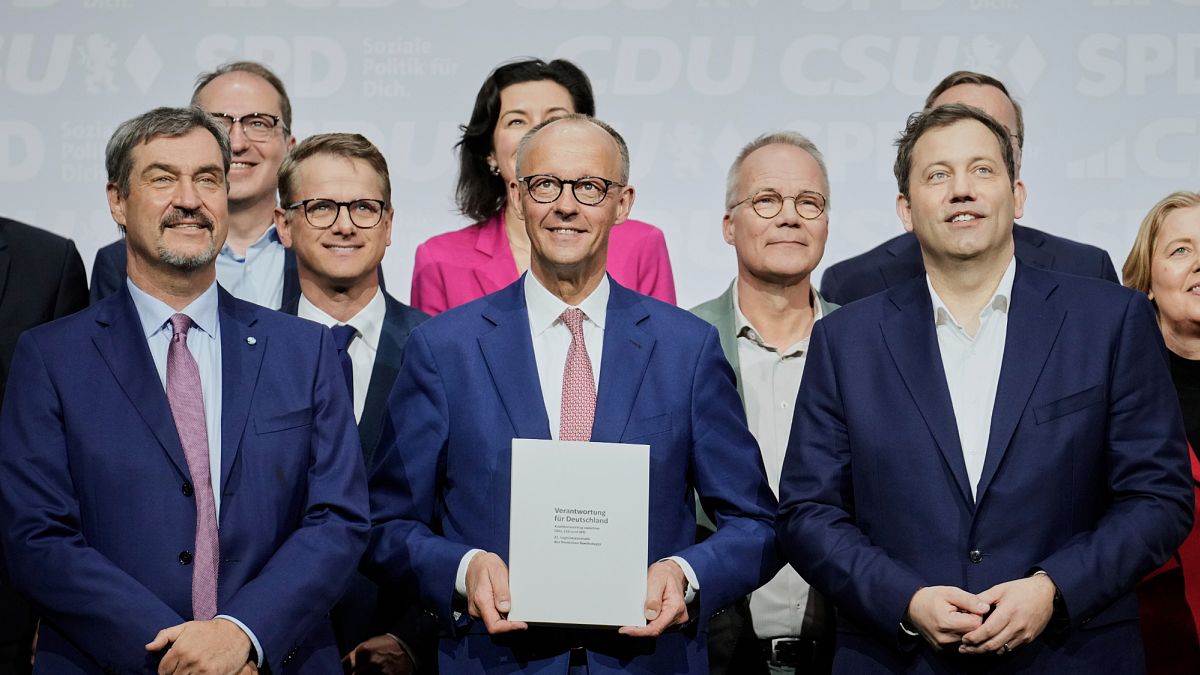Salman Rushdie awarded Peace Prize of the German Book Trade
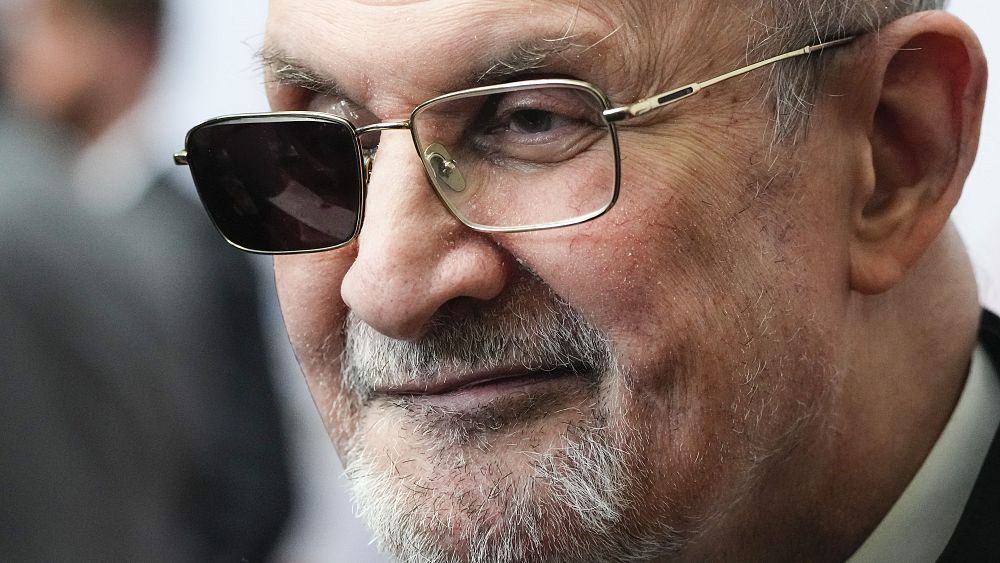
Writer Salman Rushdie was awarded the Peace Prize of the German Book Trade on Monday and will accept the award in Frankfurt in October.
British-American-Indian writer Salman Rushdie was awarded the Peace Prize of the German Book Trade today and will accept the award in Frankfurt in October.
The German Book Trade lauded author Salman Rushdie for his “great imagination” and “deep humanity” despite living under threats of violence.
“He remains a passionate defender of freedom of thought and expression – just as equally for himself as for those whose views he does not share”, announced the Board of Trustees presided by Karin Schmidt-Friderichs.
“He thus accepts great personal risk in his enduring defence of an essential prerequisite for peaceful human co-existence.”
Rushdie, 76, was in western New York in August 2022 at a conference when an assailant stabbed him in the abdomen and the neck. Following the attack, he lost sight in one eye and the use of one of his hands.
“I am deeply honoured by, and grateful for this very important award. I can only thank the Jury for its generosity”, said Rushdie in a statement after learning of the award.
At a literary festival in early June, Rushdie said he is currently working on a book about the experience of being stabbed in the eye.
His work is known for its magical realism mixed with historical fiction, which often takes place in India. He began publishing books in 1975. In 1988, he published ‘The Satanic Verses’, his most controversial work, with passages on the Prophet Muhammad. The Supreme Leader of Iran Ayatollah Khomeini subsequently issued a fatwa ordering Rushdie’s execution. The writer then lived several years in hiding.
“I know how significant this prize is, and I’m a little overawed by the list of previous recipients”, said Rushdie. The prize was founded in 1950 and awards €25,000. Last year, the award went to Ukrainian author Serhiy Zhadan. Previous recipients include Margaret Atwood, Orhan Pamuk, Susan Sontag, Amos Oz, and Vaclav Havel.
Source: Euro News


